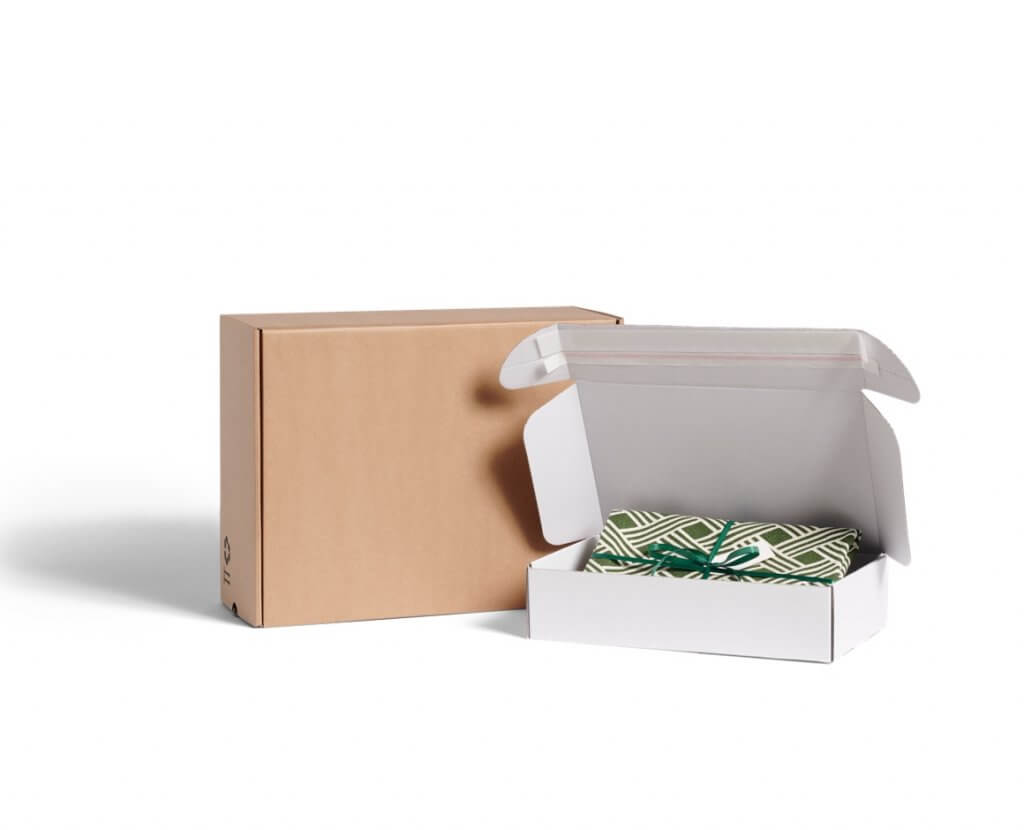Discreet packaging has become a common practice in various industries, from e-commerce to the cannabis market. It’s a way to ensure privacy and confidentiality for customers, particularly when shipping sensitive or personal items. In this article, we’ll explore the pros and cons of discreet packaging, its applications in different sectors, and why it matters to consumers.
Understanding Discreet Packaging
Before delving into the pros and cons, let’s clarify what discreet packaging means. Discreet packaging is a method used by businesses to ship products in a way that conceals their contents, making it difficult for anyone other than the recipient to determine what’s inside. This type of packaging typically lacks branding or labeling that would identify the product, and it often uses plain or unmarked boxes or envelopes.
The Pros of Discreet Packaging
- Privacy Protection: One of the most significant advantages of discreet packaging is privacy protection. It allows consumers to receive products without revealing their nature to prying eyes. This is particularly important for items that may be considered sensitive, personal, or stigmatized.
- Confidentiality: Discreet packaging ensures that sensitive information stays confidential. Whether it’s medical supplies, adult products, or cannabis-related items, customers can trust that their purchases won’t be disclosed to others.
- Reduced Risk of Theft: Discreet packaging can deter theft, as potential thieves won’t be enticed by visible branding or product labels. This can be crucial for high-value items.
- Consumer Comfort: It provides a sense of comfort and peace of mind to consumers, knowing that their purchases will be delivered discreetly. This can lead to increased customer satisfaction and loyalty.
- Expanded Market: Businesses that offer discreet packaging can tap into markets that may otherwise be hesitant to make purchases. This includes individuals who may feel embarrassed or uncomfortable buying certain products in person.
The Cons of Discreet Packaging
- Lack of Brand Recognition: For businesses, discreet packaging can be a double-edged sword. While it protects customer privacy, it may also mean missed opportunities for brand recognition and exposure.
- Incompatibility with Certain Products: Not all products can be shipped discreetly. For instance, items that require specific labeling for legal or safety reasons may not be suitable for this type of packaging.
- Potential Misunderstandings: In some cases, recipients may not recognize the content of discreetly packaged items, leading to confusion or uncertainty about what they’ve received.
- Logistical Challenges: Implementing discreet packaging can be challenging for businesses, as it may require specialized processes and additional costs for plain packaging materials.
Applications of Discreet Packaging
- Discreet Packaging in the E-commerce Industry: Online retailers often use discreet packaging to ensure the privacy of customers. This is common for adult products, health-related items, and gifts.
- Discreet Packaging for Cannabis Products: In regions where cannabis is legal, discreet packaging is essential for cannabis-related businesses. It helps comply with regulations and keeps the contents private.
- Discreet Packaging for Health Supplies: Medical supply companies may use discreet packaging for items related to personal health, such as incontinence products or medications.
- Discreet Packaging for Adult Products: Retailers of adult toys and accessories rely heavily on discreet packaging to protect their customers’ privacy.
Why Discreet Packaging Matters to Consumers
- Avoidance of Stigma: Discreet packaging allows consumers to avoid potential social stigmas associated with certain products. This is particularly relevant for items related to sexual health or mental health.
- Protection of Personal Information: It safeguards personal information, preventing it from being shared with others or appearing on packaging labels.
- Peace of Mind: Knowing that a purchase will arrive in discreet packaging provides peace of mind, reducing anxiety or embarrassment associated with certain products.
- Increased Freedom: Discreet packaging gives consumers the freedom to make purchases they might otherwise avoid due to concerns about privacy or judgment.
- Enhanced Shopping Experience: Consumers appreciate businesses that prioritize their privacy and offer discreet packaging options, which can lead to a positive shopping experience.
Conclusion
Discreet packaging plays a vital role in safeguarding privacy and maintaining confidentiality for customers. While it offers numerous advantages, including privacy protection, confidentiality, and reduced theft risk, it may not be suitable for all products and businesses. The decision to use discreet packaging should consider the nature of the items being shipped and the potential impact on brand recognition. Ultimately, it’s about striking a balance between protecting consumer privacy and achieving business goals. When it comes to custom boxes and packaging, discreet options can be tailored to specific product needs, ensuring both privacy and brand integrity are maintained.

